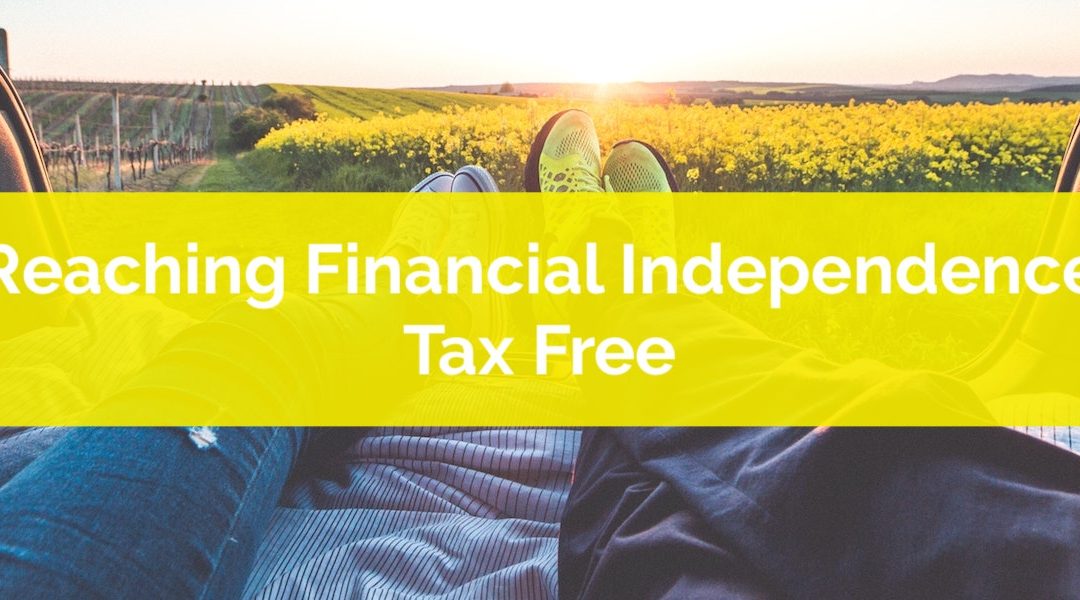
by Owen | Jan 28, 2019 | Behavioral Finance, Budgeting, Financial Goals, Saving Money
Managing finances in a relationship is hard isn’t it? Financial issues are one of the most common factors leading to divorce. Two different people can have very unique views on money and partners in a relationship are no exception.
Everyone values money a little bit differently. We all spend money in different ways. You might prioritize good food while I might prioritize expensive clothes. Couples have different priorities when it comes to money and if those aren’t communicated then its easy for this to cause resentment, anger and frustration between partners.
My wife Sue and I have been managing our money together for 10+ years and I feel we’re pretty successful at it. We still have disagreements, and we each manage our money completely differently, but we have a good system in place to ensure we’re communicating regularly about our finances.
Recently Sue and I were on the Because Money podcast talking about how we manage money as a couple. Sue and I talked to Sandi Martin and John Robertson about a few of the things we do on a regular basis to make money less stressful for us as a couple. You can listen to the whole podcast, but I’ve summarized a few of the main things below.

by Owen | Dec 31, 2018 | Financial Goals, Get Out Of Debt, Retirement Planning, Saving Money
It’s the new year! Time to kick start your finances!
This ten day routine will help you shift your finances into high gear. This routine is aggressive, ambitious, and a bit challenging. This routine will cover all the basics of a good financial routine. Having a routine for your money is one of the best ways to improve your finances this year.
If ten days seems like too much (and it probably is!) then consider spreading these steps over ten weeks or even ten months to make things a bit easier. The key is to find a pace that works for you. It’s better to take a bit more time if it means you’ll stick to your new routine.
If it seems daunting then consider pairing up with a friend, co-worker, or getting the help of a financial coach. At PlanEasy we offer custom financial coaching & advice for our clients. As a new client, we’ll create a 12-month program tailored specifically to you and your goals. If you struggle with your financial routine then a bit of coaching & advice might be exactly what you need to improve your finances this year.

by Owen | Dec 3, 2018 | Get Out Of Debt
I love a good debt payoff story. There is something satisfying about seeing someone pay off a mountain of debt in a short period of time. This story comes from a reader who has a total of $46,174 in student and credit card debt. They used our debt payoff calculator to create a debt payoff plan that kills this mountain of debt in just over 2.5 years! Amazing!
When it comes to paying off debit it can sometimes feel like an endless struggle. It seems like interest is constantly work against you (which it is!). Payments are being made every month but the balance never goes down as fast as you hope.
This blog post isn’t quite a debt payoff story, not yet anyway. This post is about a debt payoff plan. Every debt payoff story starts with a good debt payoff plan. This plan aims to pay off almost $50,000 of debt in just over 2.5 years.
Let’s see how they’ll do it!

by Owen | Nov 19, 2018 | Retirement Planning
You need less for retirement than you think. Numbers are often thrown around for retirement, $1 million comes up often, probably because it’s an nice round number. Now they’re saying $1 million isn’t even enough. Now they’re saying you need more, maybe as much as $2 million.
The truth is…. that’s utterly ridiculous. The average Canadian won’t need $2 million to retire and if you’re targeting that amount (or even $1 million) you might be saving TOO MUCH for retirement.
Where are these lies coming from? My guess is from the financial services industry in general. In general, the financial services industry gets compensated for investments under management, products sold, and debt/mortgages. This leads to quite a bit of biased information coming from the financial services industry.
The sad truth is that the more money you save the more “they” get paid. They don’t want you to settle for $1,000,000 in savings when $2,000,000 could mean more in annual fees. How much more? About $23,500 more in annual fees.
That’s not a typo. You read that right. The average mutual fund fee in Canada is around 2.35%. Annual fees on a $2 million portfolio are $47,00 per year, PER YEAR, when it’s invested in the average mutual fund portfolio.
No wonder they keep telling us to save, the more we save the more they earn.
The crazy thing is that the fees on a $2 million mutual fund portfolio are enough to fund the average retirement. Imagine, the FEES ALONE are enough for the average retirement, and yet they continue to tell us we need to keep saving.
So how much do you actually need for the average retirement? How much should you have saved? What is the target retirement savings by age? It’s less than you think. But first, let’s cover a few assumptions.

by Owen | Sep 17, 2018 | Buying A Home
It’s September and, along with the cool weather, that means the real estate market is back in full swing. Often buyers and sellers take a break during the summer, these months are filled with outdoor activities, BBQs and vacations, so this leaves little time to go house hunting.
But now that everyone is back into their regular routine the number of people actively looking for a new home starts to go back up.
When buying your first home there are a few important financial factors to consider. Not only will this be one of the biggest purchases of your life, but your home also drives a lot of on-going costs as well. These on-going costs can impact your budget for years to come.
Buying the wrong house might mean extra costs you didn’t anticipate or don’t have room for in your budget. This can mean years of financial pain and tight budgets.
Buying the right house means you’ll have lots of room in your budget to do all the things you love to do, travel, hobbies, restaurants etc.
When buying a house there are three very important financial factors to consider.

by Owen | Jul 23, 2018 | Financial Goals, Investment Planning, Retirement Planning, Tax Planning
Financial independence is a goal for many people. Financial independence is when work becomes optional. It’s when your investments are large enough to support your annual spending indefinitely, without the need for employment income. Reaching financial independence frees you from the typical work/money/time equation. When you reach financial independence you no longer have to trade your time for money.
How much you need to reach financial independence is different for everyone, but the quick and most common metric is 25 times your annual spending. Once you reach this level of savings and investments (not including your home) you can withdraw 4% of your portfolio indefinitely. With the right portfolio your investments will grow enough each year to pay you 4% of the original principal and still keep up with inflation.
Taxes are obviously a big consideration when growing your investments. Tax free growth allows your investments to grow faster and lets you hit your goals earlier.
In Canada we have two main accounts that provide tax free growth, the TFSA and RRSP. With the TFSA you pay tax now but don’t pay tax later. With the RRSP you don’t pay tax now, but you do pay tax later. Regardless of when you pay the tax, the investment growth within an RRSP or a TFSA is tax free. Using your TFSA and your RRSP to its full potential means you can hit financial independence much faster.
Page 23 of 27«...2122232425...»






